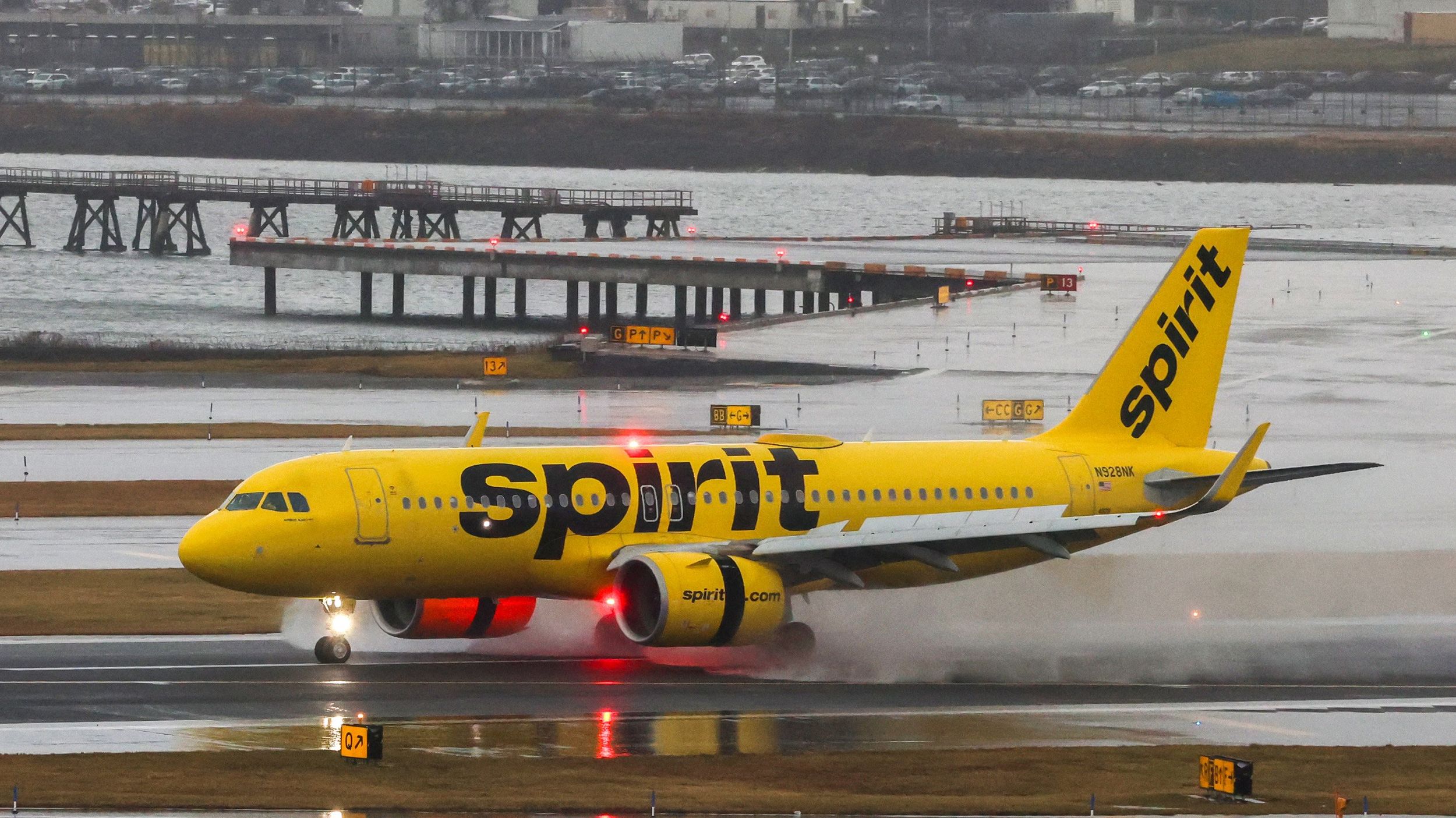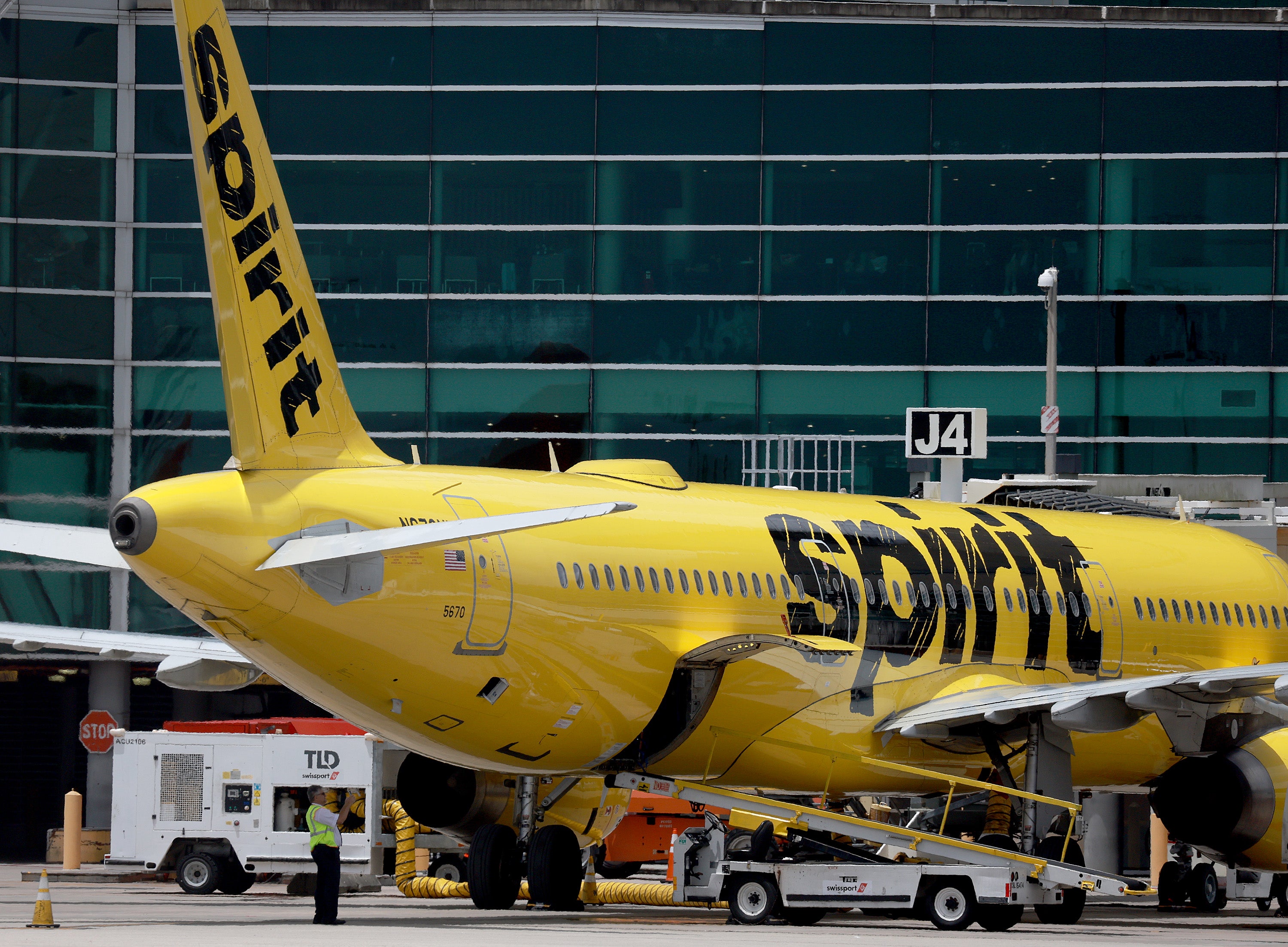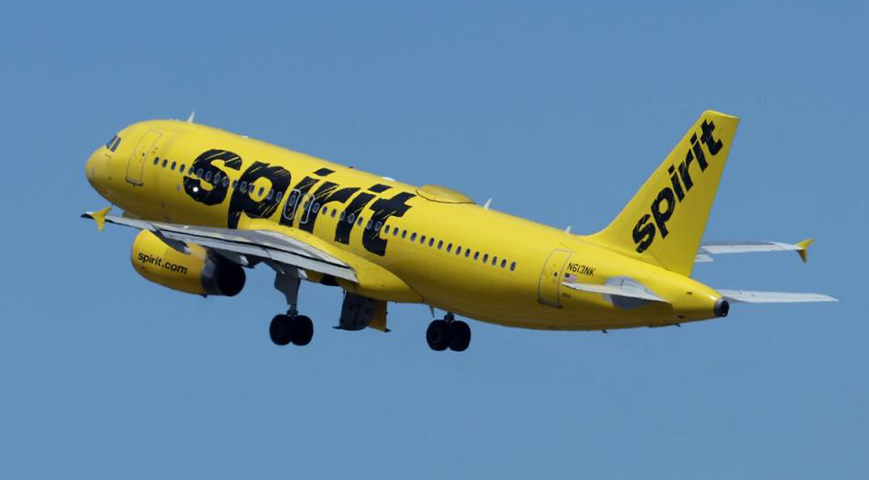The United States imposed a month-long ban on all civilian flights to Haiti on Tuesday following gunfire incidents involving three commercial planes near Haiti’s capital, Port-au-Prince.
These shootings highlighted the escalating violence in Haiti as newly appointed Prime Minister Alix Didier Fils-Aime took office. The country faces numerous challenges, including severe poverty, longstanding political turmoil, and a lack of security.

The U.S. Federal Aviation Administration’s decision came after a Spirit Airlines plane en route from Florida was struck by gunfire, prompting it to divert to the Dominican Republic. A flight attendant sustained minor injuries, and photos circulating online showed multiple bullet holes in the aircraft.
Did you read this?
Additionally, two departing flights, a JetBlue plane bound for New York and an American Airlines flight to Miami, were also hit by gunfire; both landed safely, although each had a bullet hole discovered during inspection.
Port-au-Prince is effectively cut off, with its primary airport closed and several neighborhoods experiencing heavy gunfire. Many schools and businesses have shut down as widespread fear grows of potential gang-related attacks.
Approximately 80 percent of the city is now controlled by heavily armed gangs, even as a Kenyan-led international force has been deployed to aid Haiti’s overwhelmed police force.

In response, the U.S. urged Haiti's leadership to focus on governance rather than internal conflicts. The country’s transitional council, established to guide Haiti toward elections in 2026, faces the difficult task of stabilizing a nation lacking both a president and a functioning parliament.
Despite international efforts to support Haiti, gang violence has surged, with armed groups intensifying their defenses and employing new tactics such as drones and fortified positions.
A recent UN report indicated that over 1,200 people were killed from July to September, with reports of kidnappings and sexual violence persisting in the country.









